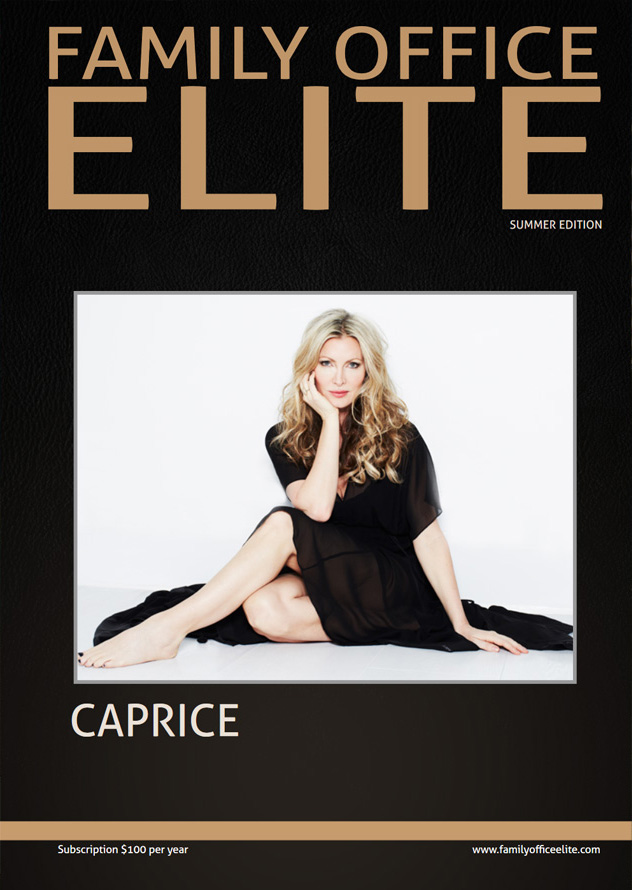By: Steven Abernathy
Download a PDF version of this article

Many people spend a lifetime searching for an elusive yet vital calling—their life’s purpose. No one on their death bed wishes more hours were spent at the office. It’s also surprisingly rare to long for one more day of golf or other leisurely pursuit. What becomes clear at the end of our lives is that true meaning and purpose is based on our connections to other people. Fundamental connections begin with family. What if a shared purpose was nurtured to serve as the bellwether for moments when decisions need to be made?
Families’ lives could be guided by meaning, and their unity would be rooted in shared values. Each family member’s participation and communication would be part of a springboard into a future guided by a common bond. When the purpose is absent, families often crumble—first emotionally and later financially. However, if family unity is perpetuated by a support structure inherent to how individuals relate to the whole, great things can happen—a family dynasty can affect influence over the future—and the resources to do this with impact are preserved (and ideally increased) over time.
When the younger generations lack a sense of clear connection and direction, there’s a substantial likelihood the wealth will be destroyed by the third generation. According to National Public Radio, People Who Feel They Have A Sense of Purpose Live Longer. This connects wellbeing to purpose—we see the direct connection to the preservation and perpetuation of wealth. The often destructive, aimless wandering through life of younger generations—common when families do not plan and communicate openly about what they value both materially and emotionally—can be stopped in its tracks.
Infusing purpose within a family dramatically increases the chances for the family leader’s initiatives to have staying power. If structured as a philanthropic or charitable organisation, there are a variety of options including private foundations, events or organisations within a larger framework (i.e., a family business) that could have a specific directive. It’s crucial to remember—the future of one’s family is not the future of one’s money. Vital life lessons are best practised and learned in action—and repeated often. If the head of the family offers his heirs an opportunity to model their behaviour after his or her actions, the chances of success are vastly increased. This allows the stories, life lessons and action itself to be woven into family tradition and practised.
Successful multi-generational families often create ethical wills. While wills and trusts contain details concerning assets and financial capital, an ethical will’s contents is intangible but no less significant: intellectual and emotional capital. The guiding principles of the senior generations are clearly expressed with the intent of shaping wise decision-making for future generations. When the experiences and lessons (perhaps hard-won) are available in writing, the mistakes of the past may be avoided, needn’t be repeated, and the family’s purpose is illustrated by the actions of numerous generations. History has illustrated time and time again families who lack the unity of common purpose pay a heavy price. For the Vanderbilt family, William Vanderbilt’s heirs suffered emotional discord which manifested as financial ruin. If subsequent generations of his clan hadn’t spent so lavishly, their total fortune would be worth $4.8 billion in today’s dollars. Had a defined, collective purpose directed the family’s initiatives and shaped their values, it’s likely a different outcome would have been. By 1973, in just two generations, not a single heir was even a millionaire. But such a destructive cycle can be prevented. Families with well-expressed clear principles reinforced through their shared activities, tend to thrive, have stronger interpersonal relationships, greater mastery over their wealth and take on the responsibility educating the next generation.
When Roy Williams and Vic Priesser collected data for their groundbreaking study of 3,250 families who had lost their wealth, less than 3% said poor planning and investments were cause for reversal of fortune. 25% said heirs were unprepared, and, 60% replied it was a lack of communication and trust in the family. Changing those statistics begins with communicating the family’s shared values and direction with heirs from the time they’re young. Families who create shared experiences encourage growth around their family’s legacy and build on past successes. No matter how masterful the work of tax attorneys, professional investors and others managing a family’s assets, the statistics overwhelmingly illustrate when there are not clear avenues for education and communication, wealth and family unity are destroyed.
A family’s purpose can be explored in a number of ways—the key is consistent execution and implementation beginning when heirs are young. When ongoing, regularly scheduled conversations and meetings about the family’s purpose, as it relates to their wealth, become part of their calendar, a structure is created. The family’s activities, plans for the future, shared ideas, and some fun thrown in has been proven to make a world of difference—and reverse the statistics above. The goal of the gatherings promotes family unity through team building, leadership, shared responsibility and active conversations. This is the time, year after year, where families renew their commitment to making healthy decisions, nurturing family harmony and recommitting themselves to their shared purpose. The ultimate goal is to provide each family member with the support needed to live a meaningful and fulfilled life.
Families may choose to create a permanent record of such meetings. Subsequent generations will appreciate having a record to understand and appreciate their predecessors’ experiences and know what may be ahead for them. An emphasis on communication—primarily listening, empathy, leadership, personal and family development, and teamwork, will continue to underscore and refine a family’s purpose so as to allow subsequent generation to make the experience their own.
Steven Abernathy counsels affluent families on multi-generational wealth management strategies. This includes asset protection, wealth management, estate and tax planning, and Heritage Planning. He can be reached at sabernathy@abbygroup.com or (888) 422.2947.
Click here to view this article in the original magazine publication


